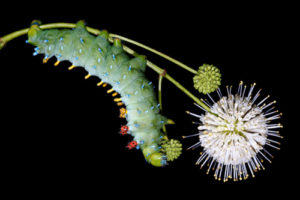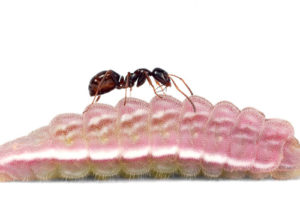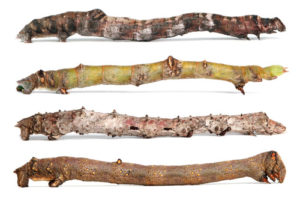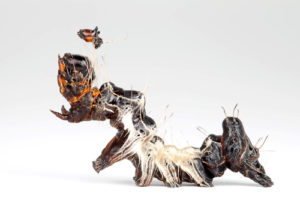Caterpillars of New England: The Whole Story
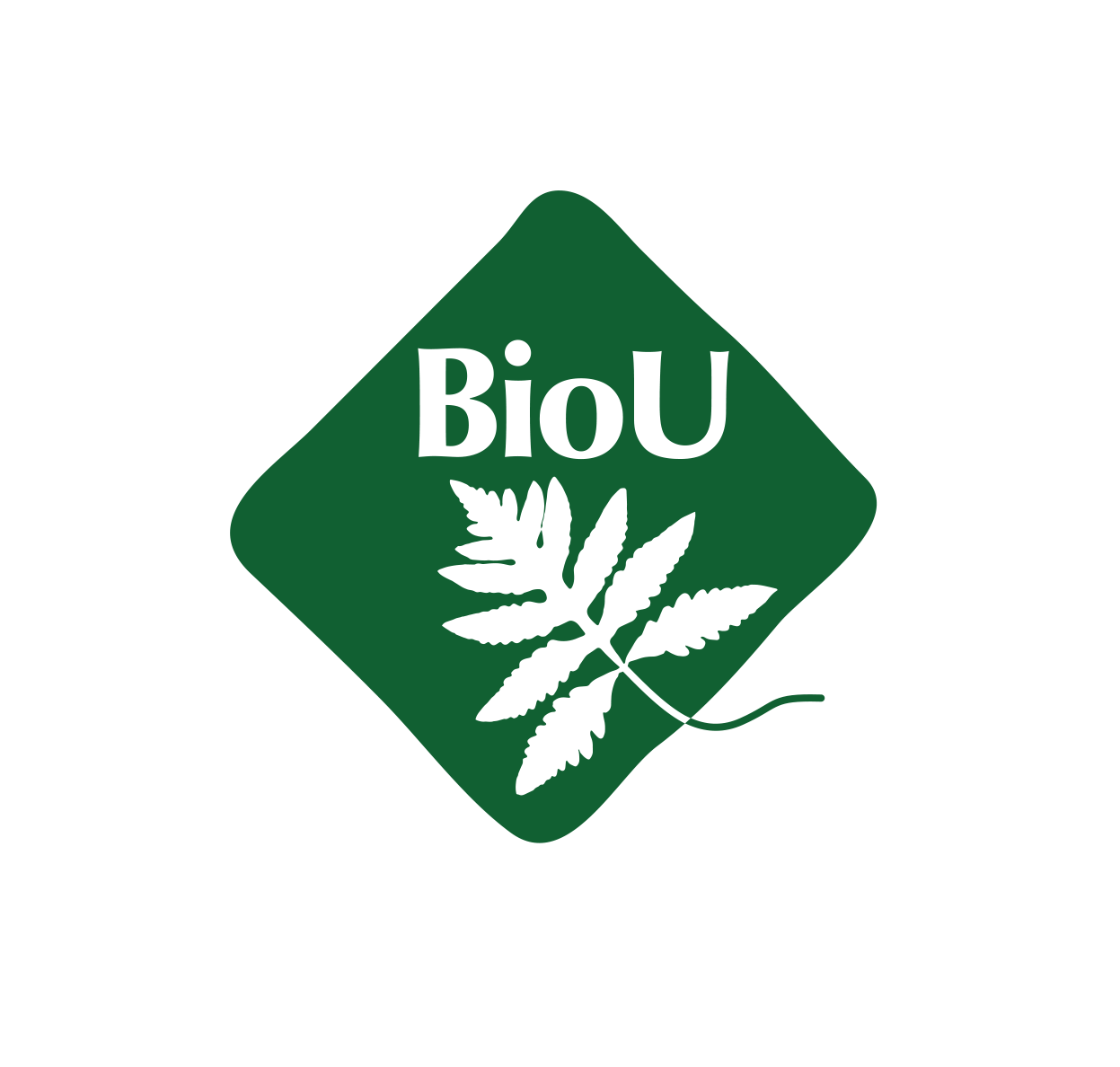
Instructors: Sam Jaffe
June 29 | $125
C
aterpillars, or larval lepidopterans, may seem like a narrow subject, but that’s not what instructor Samuel Jaffe has found in his life spent studying these special and often unexpectedly complex creatures. By beginning with a caterpillar and delving into the fine details of their life history and relationships with other organisms, this course will begin to illuminate on subjects as broadly relevant as co-evolution, ecosystem health, human impacts, and conservation. This course will study the fine details in order to reveal a much bigger picture that will definitively answer the question “why should we care about caterpillars?”.
In practice “Caterpillars of New England: The Whole Story” will be an intensive day of instruction and experience that is similar to, but not limited to, the training The Caterpillar Lab provides its employees each spring. Jaffe will bring a menagerie of live native caterpillars to work with, and will present on: identification of major groups; host plant associations; diverse life histories; defensive adaptations, interspecies interactions; and caterpillar finding/collecting techniques. The course will include a significant field component that will reveal many of Jaffe’s caterpillar-finding tricks and secrets and provide opportunity to practice new skills, discuss host plant identification, and likely see many caterpillars that participants have not encountered before. Flexibility built into the day should allow for further discussion of topics including rearing, photography and film, research, and outreach education, depending on the interest of the group. The day will end, weather permitting, with a moth lighting event focused on distinguishing the sex of visiting moths and obtaining eggs, as well as a nocturnal caterpillar hunt using UV flashlights.
Finally, participants of this course will be invited and encouraged to participate as educators in The Caterpillar Lab’s public caterpillar exhibit at NBNC on Sunday the 30th. Sharing what we know and love is a vital practice for any naturalist who hopes to see the pastime continue. This course is appropriate for anyone from the beginning caterpillar-enthusiast to old-time caterpillar-aficionado.
Course Objectives
- Learn caterpillar identification to major groups.
- Learn how to pursue species-level identifications.
- Learn key host-plant associations and identification.
- Learn caterpillar-finding techniques and implement them.
- Explore the basics of, as well as diversity across, caterpillar life histories.
- Explore caterpillar interspecies-relationships and coevolution.
Course Goals:
- Participants will end the day as experts in overall caterpillar biology.
- Participants will be armed with new skills to find and explore caterpillars independently.
- Participants will understand the big picture that answers the questions “why are caterpillars special?” and “why should we care about caterpillars?”.
- Participants will be prepared to act as caterpillar educators at our program on Sunday or on their own time to their own audiences.
About the Instructor(s)
Samuel Jaffe is a New England based naturalist, photographer, and educator who has been working with native insects since a very early age. Sam grew up in Eastern Massachusetts chasing birds, mucking through ponds, and turning over leaves. For the last ten years he has been photographing and filming caterpillars and organizing programs to promote these special creatures to the public. In 2013 he founded “The Caterpillar Lab” a non-profit educational outreach organization in Marlborough NH and he now travels across the country working with museums, nature centers, schools, and individual teachers helping native insects find their place in our everyday lives. Sam has a degree in Evolutionary Biology from Brown University and earned a Masters in Environmental Education at Antioch University New England.
Lodging Options
Dormitory-style lodging is not available for this course. Other lodging options include:
- Camping onsite at North Branch Nature Center (free)
- Other nearby hotel/lodge accommodations. We recommend:
- Capitol Plaza ($200/night; Montpelier)
- The Inn at Montpelier ($200/night; Montpelier)
- High Hill Inn ($150/night; East Montpelier)
- Comfort Inn and Suites ($120/night; Berlin VT)
- Marshfield Inn and Motel ($100/night; Marshfield, VT)
Meals
Saturday breakfast, field lunch, and family-style dinner included.
Required Materials and Recommended Reading
Recommended to read the opening chapters of “Caterpillars of Eastern North America: A Guide to Identification and Natural History” David L. Wagner 2005. Not required. Bring your copy if you have one!
Timing
Course begins 8 AM on June 29 and concludes at 9 PM on June 29 at North Branch Nature Center. Optional moth lighting activity will continue after the official end time for this course.
Academic Credit / Professional Development options:
This course qualifies for 1 graduate-level science credit for an additional $150 course fee. All BioU courses are accredited by Castleton University. It is each student’s responsibility to ensure that their home institution will transfer the credit. Participants pursuing academic credit will be required to complete an additional assignment above and beyond the course hours, including literature review, reflective writing, and/or a field-based project.
This course qualifies for 13 hours of professional development hours and continuing education units. Certificates of completion are included in the course fee, and are available upon request.
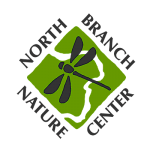
713 Elm Street
Montpelier, Vermont 05602
(802) 229-6206
Hours: Center Open Monday-Friday 9-4
Trails Open 24/7

